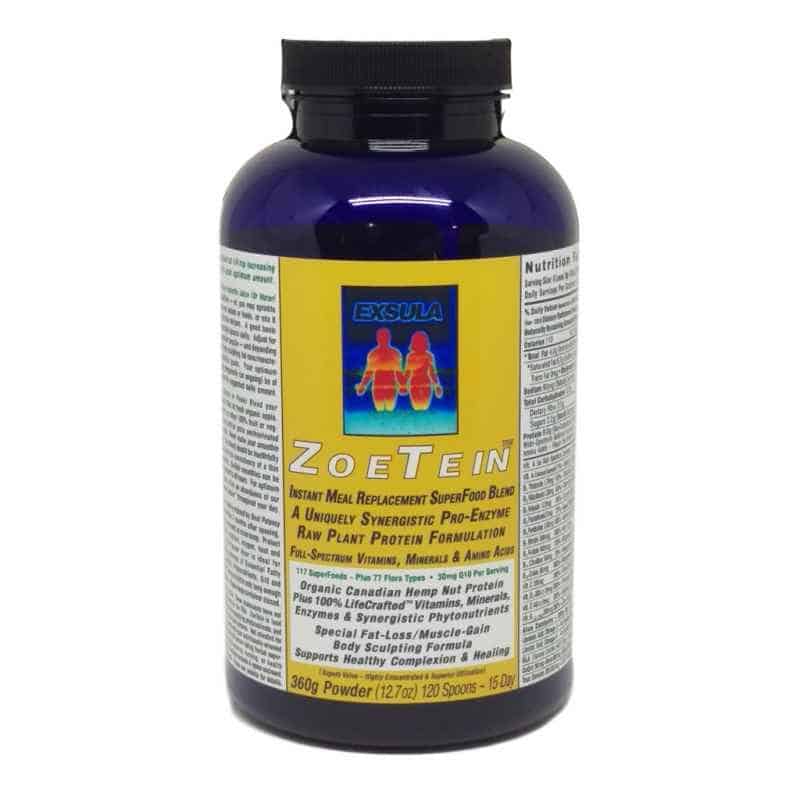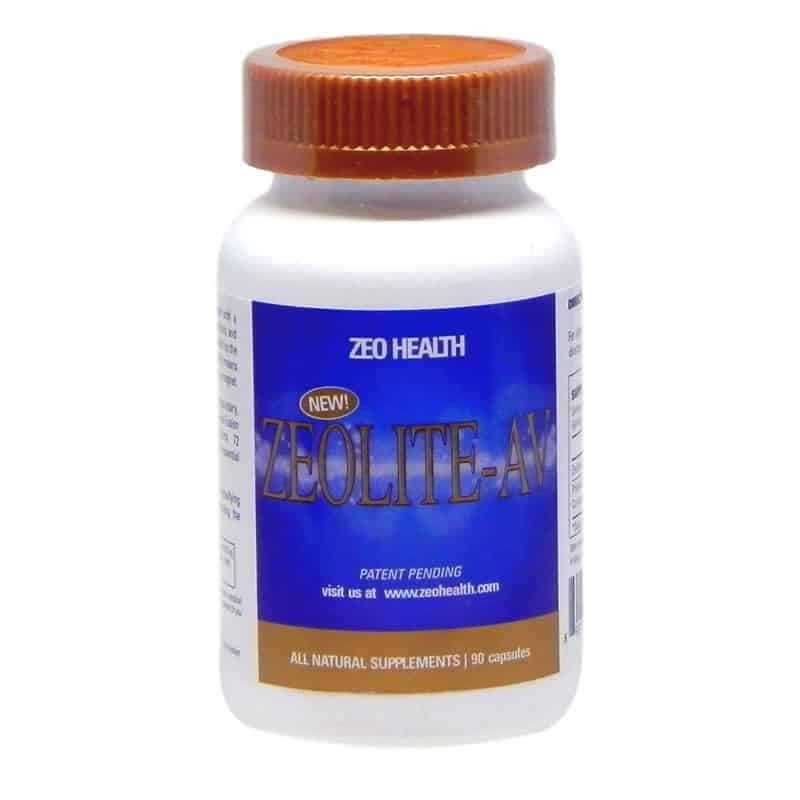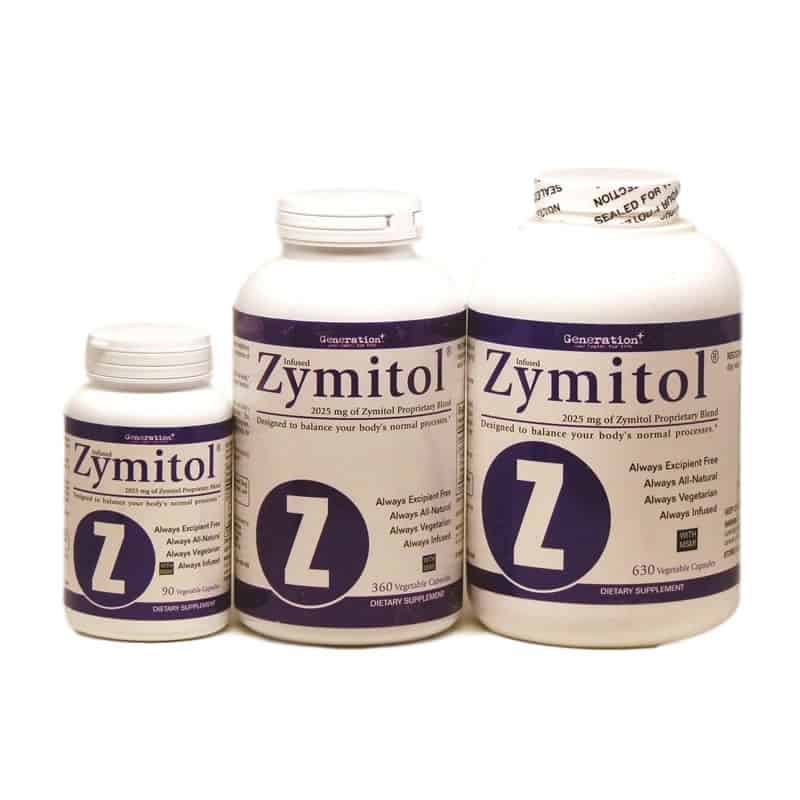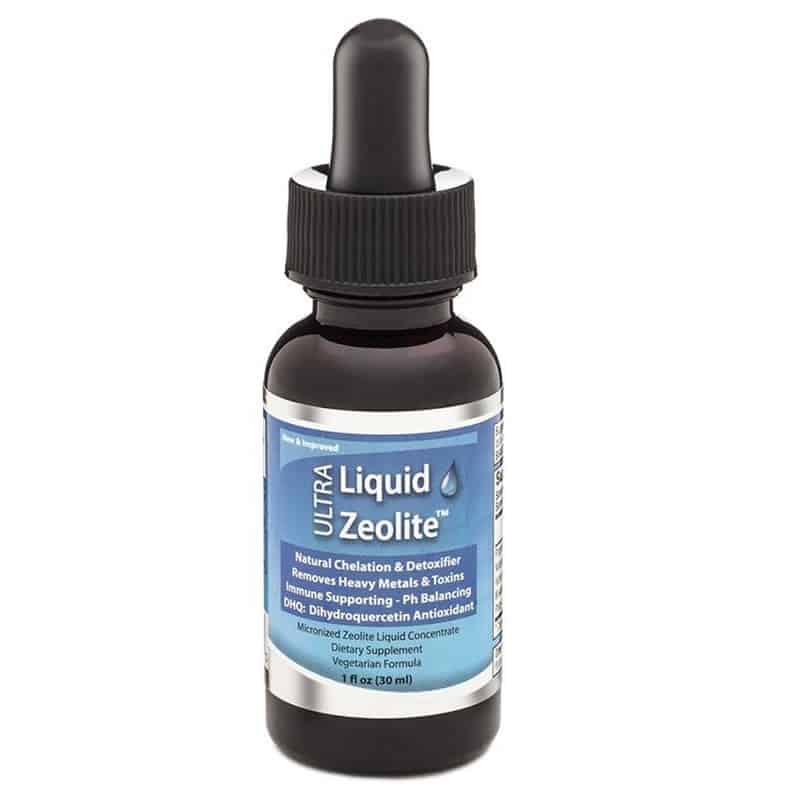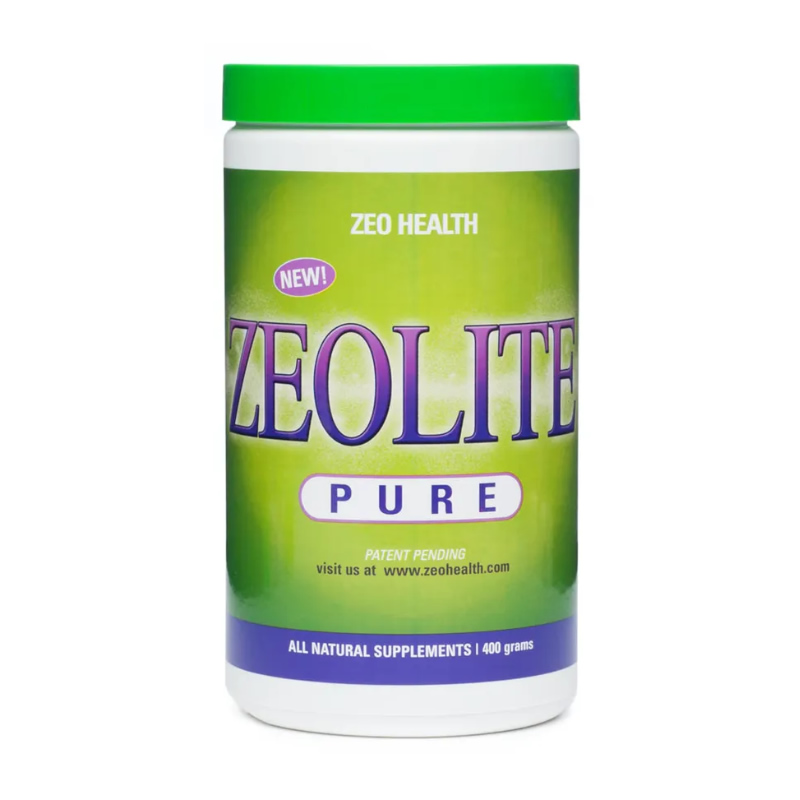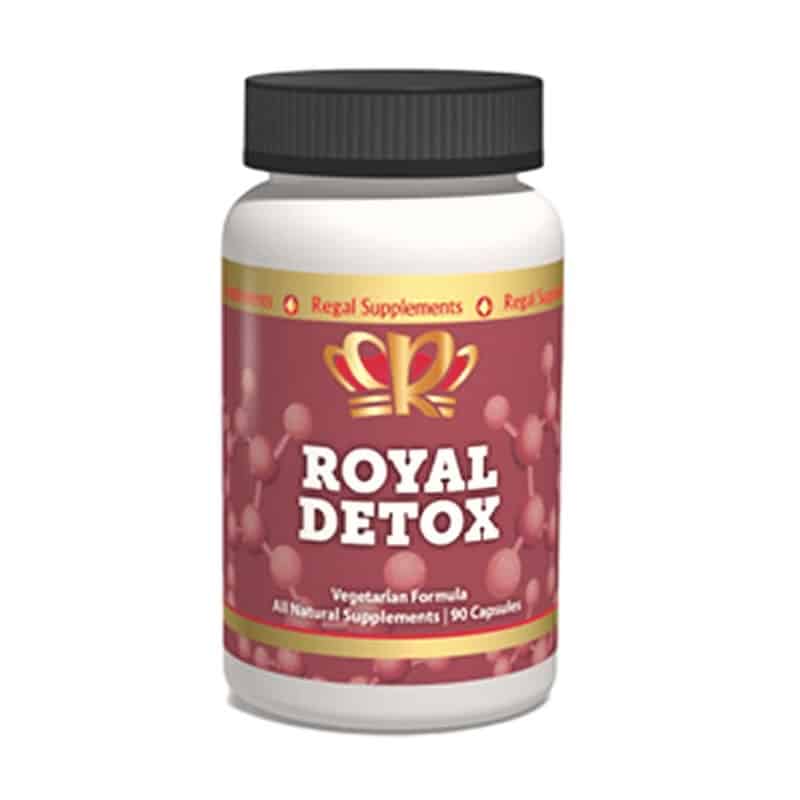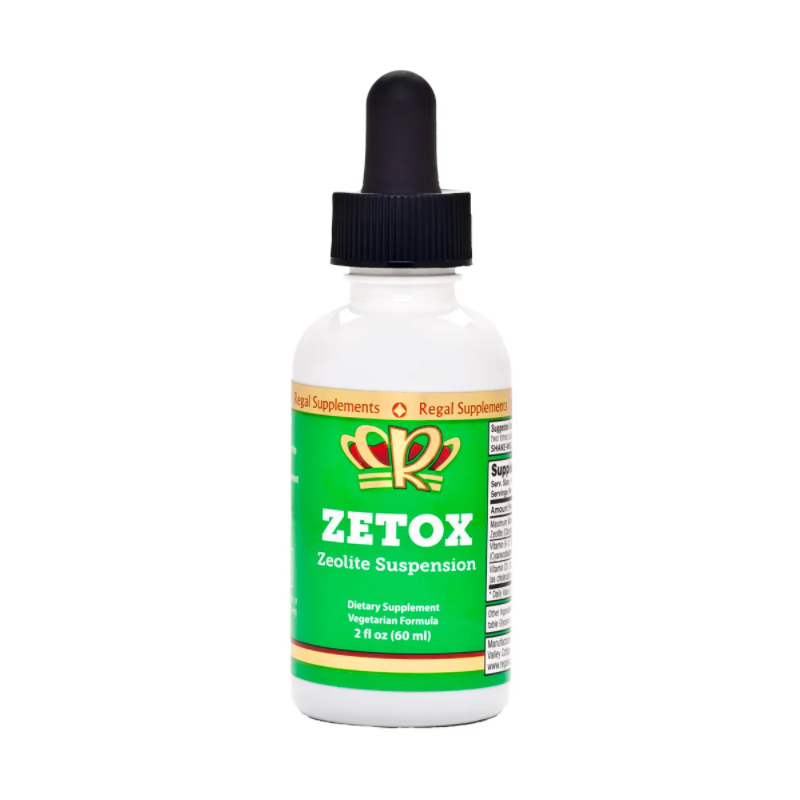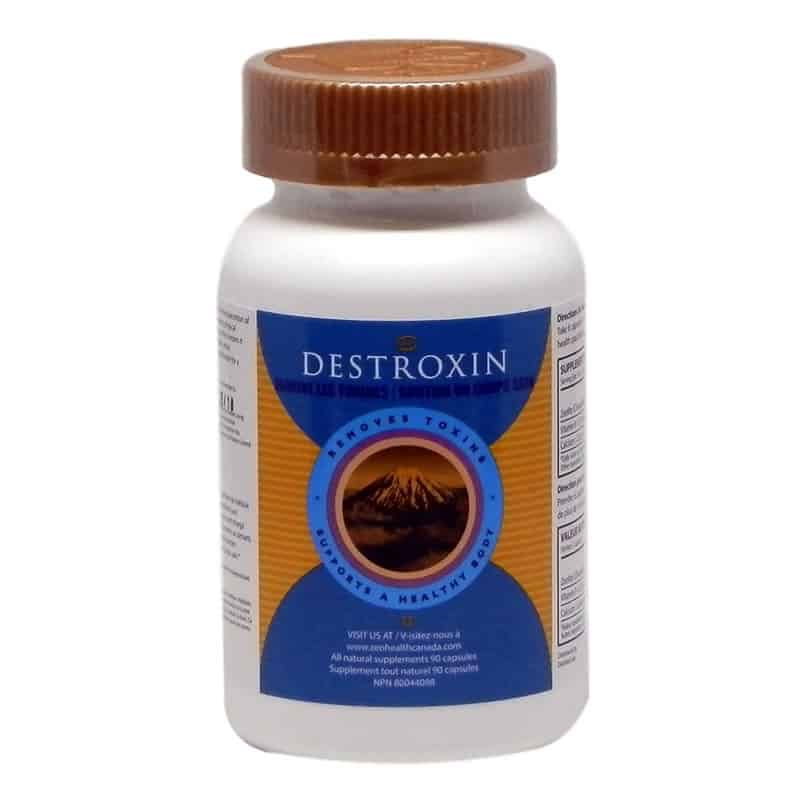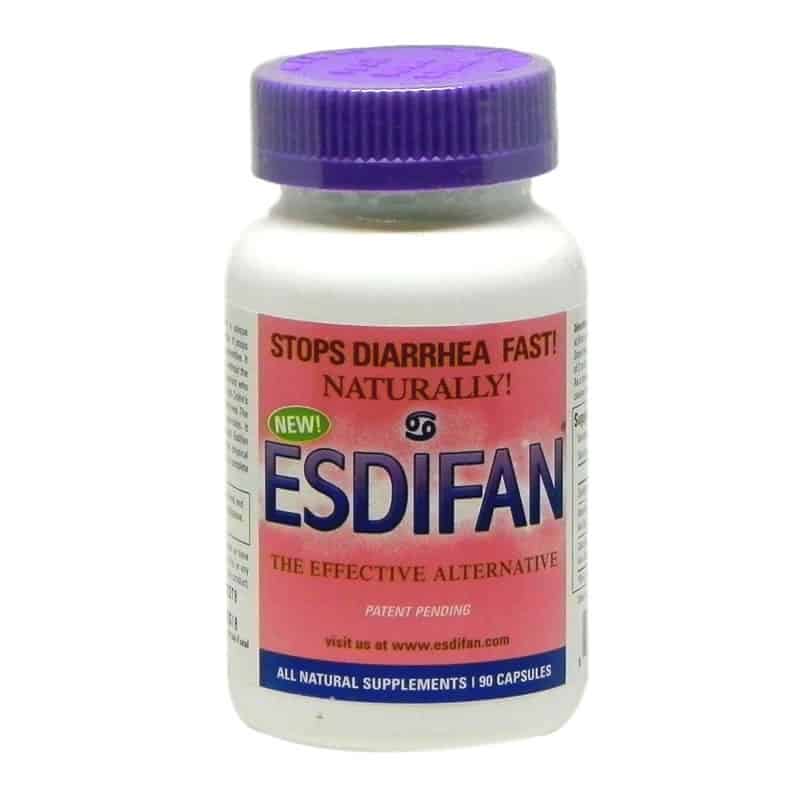No products in the cart.
Podcast: Play in new window | Download
Subscribe: Apple Podcasts | Google Podcasts | Amazon Music | Email | RSS
Podcast 315: The Hard Working Male
Martin and Scott talk about hard working men and how their life changes as their growth hormone reserves run out. The hot topics include aging, superfoods, toxins and enzymes in today’s exciting podcast.
ZoeTein by Exsula Superfoods
Energy Up… Body Fat Down… Superior in Results to All Others!
Feed your body while slashing the junk food appetite, encouraging safe and natural fat loss. Superior for immune support, cellular healing and tissue repair. And it supports and enhances enzyme activity for your liver and entire body.
An entirely new, unique and revolutionary approach to effective protein supplementation. ZoeTein is an easily digested plant-source of enzymes and amino acids, including numerous protein synergists. These protein synergists include amino acids, enzymes, essential fatty acids, probiotics, vitamins, minerals & trace elements, and many other nutrients to ensure your body can efficiently utilize them all.
Podcast 315: The Hard Working Male:
SCOTT: Welcome, everybody! This is the Life Enthusiast Podcast, restoring vitality to you and to the planet! I am Scott Patton, your co-host, and joining me on the other side is Martin Pytela, your health coach at Life Enthusiast! Hi, Martin! How are you doing today?
MARTIN: I’m doing okay for a guy my age, with the health history I’ve had. I’d like to be much more suntanned than this, but what can I do?
SCOTT: You got to go live someplace that has a lot of sun.
MARTIN: Or just not sit in front of the computer as much as I do.
SCOTT: That’s right.
MARTIN: Or maybe I could invent the computer that puts out the light that’s just enough UV that you’re sun tanning all the time.
SCOTT: Wow, yes, something that at least mimics natural light.
MARTIN: Yeah, I want one of those! Today, Scott, I would very much like to talk about two examples of guys. A working title of this interview is ‘The tale of the hardworking male.’ Because I was one!
SCOTT: Yeah, me too!
MARTIN: All the way up to about 29, I worked in serious physical jobs. I was in a sawmill, hefting lumber, and I was digging ditches because I was working on an archeology dig as a student. One day I’ll tell you all about that. That was a really cool experience. Digging out one thousand-year-old stuff. But anyway, the point of that is that in my twenties, I had an infinite, it seemed, amount of energy and ability to recover. I could push it.
SCOTT: I think we all could, for sure, when we were young.
MARTIN: I’m thinking of all the guys that are working in these industries as I mentioned. Lumber, construction, jobs where you’re carrying heavy objects, moving heavy objects all the time, or industries like oil, where you’re probably working with really wet, dirty chemical stuff coming out of the ground, things like that. You could be just driving a truck from a point to point, but even when you jump out of the truck, you have to connect a hose to something, do some serious physical things, like spreading tar on road construction.
SCOTT: Yes, young guys are often doing lots of physical labor.
MARTIN: And what I’m thinking of is that around the age of 27, give or take a year or two on either side, we start running out of the enzyme reserve, so our energy drops. The first thing that goes away is the speed of recovery. So where you used to be able to recover overnight, you now have to wait two days before you stop being sore, or even three days, if it gets bad. The other thing that happens is that the ability to digest almost any food starts to diminish.
SCOTT: That’s when you realize that you cannot have two pizzas a night anymore unless you really want to see a major expansion of the waistband.
MARTIN: Exactly. I remember the fun experience, my first stop in Canada. I came from Eastern Europe, and this was a family in British Columbia, Vancouver, they invited me. I landed on Easter, and the host had a turkey dinner, the classic North American turkey dinner, that I’ve never seen before in my life. And it had all of the trimmings, you know, 10 kinds of vegetables, a stuffing, a turkey, the dark and the light meat and gravy. I also didn’t know anything about Canadian culture. They sort of meant what they said, so when she told me: “go ahead and have some more,” I thought: well, I guess she wants me to have more. So I loaded my plate three times, I just kept going. To this day, she remembers that story and tells it to others: “I couldn’t believe that this young man came for a visit and ate three meals in a row.”
SCOTT: She obviously didn’t have too many young men around, because most of the ones I’ve known when I was young were exactly like that. So what happens as men get a little bit older?
MARTIN: The enzyme reserves run out, so the ability to digest goes away. Then the ability to recover from physical exertion goes away, so it takes longer to undo the aches and pains. Normally you could just go to bed tired and wake up rested and ready to take it on again. But when the recovery ability goes away, you wake up tired and sore, it takes you two days or three days to get over it.
SCOTT: And then it’s a week to a week and a half when you’re in your fifties and sixties.
MARTIN: Could be, that’s why you can’t hold the kind of jobs that a young man can manage. And of course, the other thing that I’m remembering is living in a bachelor’s environment, we were all kind of learning to cook or prepare food, it was pretty helter-skelter, who knows what is going to happen. Some days it was just pushing off a few bits of stuff off the edge of the table, so you can open a can of something and eat it with a fork straight out of the can. Do you remember those days or you never encountered it?
SCOTT: No, it was macaroni and cheese all the time for me.
MARTIN: Oh dear! Okay, so I was thinking that now with looking back to 40 years ago, what would I do differently if I knew then what I know now? There are two things. One – I would detox the toxic pollution that I was getting into my body. And the other – I would be taking a superfood blend. I wouldn’t be wasting time on food prep, but I would be making sure that my body gets the nutrients it needs. You can supplement the enzymes, but they are not naturally inside of you anymore, they’re gone when you get older, you need to supplement them. The way you would do it is by eating uncooked raw food that has not been destroyed by high temperatures.
Enzymes are destroyed at about 120°F, 140°F is the top limit for all of them. So we need to eat enough uncooked food, like raw pineapple (pineapple is rich in enzymes), raw fruit of every sort really, raw vegetables in salads, also juicing, you can juice a whole bunch of fruits or vegetables, like celery, lettuce, cucumber. But who has the time to deal with the blender or juicer, setting it up, cutting the veggies, and then cleaning the machine? I remember it, I only had so much time after work, I wanted to have fun, not spend all the time prepping food in the kitchen. Having a superfood blend in the freezer, that I can just scoop out of the bottle, put it in a glass of juice or water, stir it, drink it, that is an awesome breakfast and a great way to get in your enzymes every day. Instead of grabbing some sandwich you could just take a drink, put it in a cup with a straw, and take it on the commute to work.
My favorite superfood blend is Zoetein by Exsula, it contains all the important components that a meal should have, which is some proteins, some essential fats, a whole bunch of green things, chlorophyll, but other pigments as well, all the brown, yellow, blue, red pigments, which is the stuff that makes your immune system healthy, stuff that provides the building blocks for the body to be able to repair itself. It nourishes you with calories, but at the same time it gives you the building blocks of life, macronutrients and micronutrients, that should be in a complete meal, that you can rely on to nourish you well. So if your next meal is going to be some junky thing, like the macaroni and cheese or a piece of pizza, you will survive it and not get worse.
SCOTT: Because once people are in their thirties, instead of having all of this energy and all these enzymes to digest, we’re starting to get flattened out. So if we can start adding to the enzymes early on in our adulthood, we’re going to be better off decades later, right?
MARTIN: Absolutely. If you deplete your reserves slower, or if you even refill it, then absolutely. This reminds me of how it works out with professional athletes. Most of them peak in their late twenties. They’ve had the most experience before they start running out of juice. Some last into their thirties, some exceptional ones into early forties, but those are exceptions, not the rule. Most of them are down with injuries that they cannot recover from, or just don’t have the energy to keep going.
This happens to ordinary guys, too! It’s also reflected in their sexual energy, in their ability to recover, all of that. One of the other things that happen, that I would like to mention, is that we get toxic inputs, especially on the more chemical loaded jobs, where we inhale a lot of hydrocarbons, or the materials handling jobs, where we actually touch the stuff with our hands or other body parts, all kinds of heavy metals get into our bodies, things like copper, mercury, lead, who knows what. These are not things we evolved to handle.
As we were evolving, all there was around were rocks, grass, and sticks. All natural stuff, no heavy metals. So when that gets into your body, you need to get it out. So if you’re working in a smelter or a steel fabrication or something of that sort, you need to have something in your lifestyle that’s going to drag the toxic inputs out of the body. And for that, I would highly recommend Zeolite. Detox can be done through intravenous detoxification using EDTA, but it is a lot less invasive and more convenient to be able to take a capsule or a few drops in a drink every day when you’re using Zeolite, and it does the job.
SCOTT: What does Zeolite taste like?
MARTIN: It’s tasteless, it has no taste, you can’t tell it is in your water.
SCOTT: The dry form, the powder, that’s the type I use, it looks like grayish chalk. So the powder has a chalky taste to it, but no flavor really. So sometimes I put it in juice, but most of the time I mix it with yogurt, you can’t even tell us, it looks a little lumpy, but it is a pretty painless way to take it.
MARTIN: Or we have it in capsules for convenience, or we even have it in drops, which we can just add to drinking water.
SCOTT: So, Zeolite will pull out the lead and the mercury and other toxins from the body?
MARTIN: Yes. It is an interesting mineral. It maintains a structure that looks like a sponge. In a sponge, you can see these little caves throughout, when you take a sponge and you squeeze it, and then you put it into a bucket of dirty water and let go of it, it expands and sucks in all of the dirt. And then you can take it elsewhere, squeeze it out. With Zeolite, it arrives at your body with a whole bunch of these little caves, still unoccupied, and these caves have an electronegative charge. All of the toxins, the unwanted stuff, are electropositive. So the negative attracts the positive, the toxins stick to the zeolite molecule, and they just make their way through your system and get eliminated. It doesn’t stay in the body for very long, maybe three or four hours, so you need to take frequent doses every day, more than once a day even.
SCOTT: When you are in a city at rush hour, you can see this haze. It was not visible 20-30 years ago. And this haze is actually pollution, right?
MARTIN: Yes, think about these things: car tires are being worn, so there’s this microscopic dust of rubber. Brake pads are being worn, and there’s this microscopic metallic dust of whatever the heck the material is. And then you have the exhaust, of course. The jet fuel additives and all the stuff that comes in the air and rains down on you. If you burn a carload of coal in China, It goes up in the air, gets picked up by the jet stream, and it is delivered somewhere in North America in the rain. And it all falls on the forests and falls on the meadows and the fields. It is a cycle. The cattle graze on it, so they eat that, and then the mercury that was in the coal you burned in China is now in the steak that you’re eating.
SCOTT: Yeah, it’s a worldwide problem.
MARTIN: Yes. We have been crapping into our nest for 250 years now, and here we are, sicker than ever.
SCOTT: So if you live in a toxic environment (and to be honest we all are), you need to get the toxins out of you! Zeolite is the simplest, easiest, cheapest, safest way to do that. And then of course the Zoetein you mentioned before, the enzyme-rich superfood blend!
MARTIN: Yes, Zoetein – the bachelor’s savior! I’d call it that because it’s the easiest thing! Take a tablespoon of it, it tastes all right, put it in a drink, shake it, stir it, drink it. You can use it as a meal replacement. We’ve had one guy who decided to put it to a test, lived on one of our superfood blends for three months. He was using one of the richer blends called Iridesca, but still, he said: “I could’ve gone on forever, but I was getting bored with the same taste every day.”
SCOTT: Alright! So Martin, if somebody wants to talk to you about their energy levels, how can they contact you?
MARTIN: I’m available on the phone, the number is (866) 543 3388! You can also find me at www.life-enthusiast.com.
SCOTT: Awesome! Thanks for joining us, everybody, thank you for watching and listening to the Life Enthusiast Podcast! We are here to restore vitality to you and to the planet! See you next time!
MARTIN: Take care!





